SLOVAK PM Fico just EXPOSED that foreign actors are planning to OVERTHROW his government due to his stance on Ukraine
Slovak Prime Minister Robert Fico has made explosive claims that foreign actors are actively planning to overthrow his government due to his firm stance on the ongoing conflict in Ukraine. Fico, who has long been a controversial figure in European politics, has been outspoken about his opposition to prolonged Western involvement in the war, arguing that Slovakia should prioritize its own national interests over external pressures. His revelations have sparked intense debates about the influence of foreign powers in Slovak politics and the broader implications for European unity.
Fico’s accusations have added fuel to an already heated political climate in Slovakia, where his government has faced criticism for its approach to the war in Ukraine and its relationships with both the EU and NATO. With tensions rising across Europe, the Slovak PM’s claims raise serious questions about the future of his government and the political forces at play behind the scenes.
Fico’s Stance on Ukraine: A Point of Contention
Robert Fico’s views on the war in Ukraine have been a major point of contention throughout his political career. While Slovakia is a member of both the European Union and NATO, Fico has expressed reservations about the level of military support being provided to Ukraine. He has consistently called for a more neutral stance, advocating for a diplomatic resolution to the conflict rather than continued military escalation.
Fico’s position has put him at odds with many in Western political circles, particularly those who advocate for stronger support of Ukraine against Russia. As the war drags on, there has been growing pressure from the EU and NATO allies for member states like Slovakia to align more closely with the broader Western coalition. However, Fico’s government has resisted such pressures, arguing that Slovakia’s security and economic stability should not be sacrificed for external causes.
His stance has earned him both praise and criticism. Supporters argue that Fico’s position reflects a more pragmatic approach to Slovakia’s role in the global arena, while critics accuse him of undermining European unity and caving to Russian interests. Regardless of the opinions surrounding his policies, Fico’s recent claims about foreign interference have added a new layer of complexity to the debate.
Fico’s Claims of Foreign Interference
In a highly charged statement, Prime Minister Fico accused foreign actors of orchestrating plans to destabilize his government in response to his opposition to the West’s approach to the Ukraine conflict. He claimed that external forces, including foreign intelligence agencies and political figures, were working behind the scenes to weaken his administration and undermine his leadership.
Fico’s allegations have caused a stir in Slovak political circles and beyond, with many questioning the validity of his claims. However, the prime minister has provided little concrete evidence to support his assertions, leaving room for speculation about who these foreign actors might be and what their ultimate goals are. His accusations have been dismissed by some as a political maneuver designed to deflect criticism and rally support from domestic audiences, while others believe there could be more to the story.
The timing of Fico’s claims is significant, as Slovakia prepares for crucial elections in the coming months. By framing the narrative of his government being under threat from foreign forces, Fico may be attempting to solidify his position among voters who view his opposition to Western intervention as a stand for national sovereignty.
Political Fallout: Reactions from Domestic and International Leaders
The reaction to Fico’s claims has been swift, both within Slovakia and internationally. Within Slovakia, opposition parties have seized on the opportunity to criticize Fico’s leadership, accusing him of playing the victim and deflecting from the real issues facing the country. Critics argue that Fico is using foreign interference as a scapegoat for his government’s internal struggles, which include rising economic challenges and public dissatisfaction with his administration’s handling of domestic issues.
On the international stage, Fico’s accusations have raised eyebrows among Western leaders. Some have expressed concern about the impact his rhetoric could have on Slovakia’s relationship with the EU and NATO. Fico’s stance on Ukraine has already strained relations with some Western allies, and his claims of foreign interference could further isolate Slovakia from the broader European consensus on Ukraine.
However, there are also voices within Europe who have expressed sympathy for Fico’s position, particularly those who share his skepticism about the continued escalation of the conflict. Fico’s critics argue that his reluctance to fully support Ukraine’s military efforts may be seen as a betrayal of European unity, while his supporters contend that his stance is a reflection of Slovakia’s desire to maintain its independence and avoid being drawn into a larger geopolitical struggle.
The Role of Slovakia in European Politics
Slovakia’s role within the European Union and NATO has been a subject of much debate in recent years. As a small but strategically located country in Central Europe, Slovakia has often been caught between the competing interests of Russia and the West. Historically, Slovakia has been a strong supporter of European integration and transatlantic alliances, but the war in Ukraine has exposed growing divisions within the EU regarding how to handle the crisis.
Fico’s government has attempted to walk a fine line, balancing its commitments to NATO and the EU while also seeking to maintain cordial relations with Russia. This delicate balancing act has become increasingly difficult as the war in Ukraine continues, and Slovakia’s position on the issue has become more contentious. Some argue that Slovakia should remain firmly aligned with the West, while others believe that the country should adopt a more neutral approach to avoid becoming embroiled in a larger conflict.
Fico’s recent revelations about foreign interference suggest that the political stakes are higher than ever for Slovakia. As the country prepares for elections, the outcome of these political battles could have significant implications for the future of European unity and the West’s approach to the ongoing war in Ukraine.
The Bigger Picture: Foreign Influence in European Politics
Fico’s claims of foreign actors attempting to destabilize his government highlight a broader issue in European politics: the growing influence of external forces in shaping domestic political outcomes. In recent years, there have been increasing concerns about the role of foreign interference in elections and political processes across Europe.
From Russia’s alleged efforts to influence political outcomes in countries like France, Germany, and the U.K., to the involvement of other external actors in shaping public opinion, the specter of foreign interference has become a central issue in European politics. Fico’s accusations add fuel to this fire, raising questions about the extent to which foreign actors are attempting to shape the political landscape of smaller EU member states.
As Europe continues to navigate the complexities of the Ukraine conflict and its broader geopolitical challenges, the issue of foreign influence will likely remain a contentious topic in political discussions. Fico’s claims may be just the tip of the iceberg in terms of the broader forces at play in shaping the future of European politics.
In Conclusion
Robert Fico’s explosive claims that foreign actors are attempting to overthrow his government due to his stance on Ukraine have sent shockwaves through Slovak and European politics. His accusations of foreign interference raise important questions about the influence of external forces on domestic political outcomes, particularly in the context of the ongoing war in Ukraine.
As Fico prepares for a challenging election and faces increasing pressure from both domestic and international actors, the outcome of these political battles will have lasting implications for Slovakia’s future and its role in the European Union and NATO. Whether his claims of foreign interference are accurate or politically motivated, they have sparked an important conversation about sovereignty, national interests, and the role of foreign powers in shaping the direction of European politics.
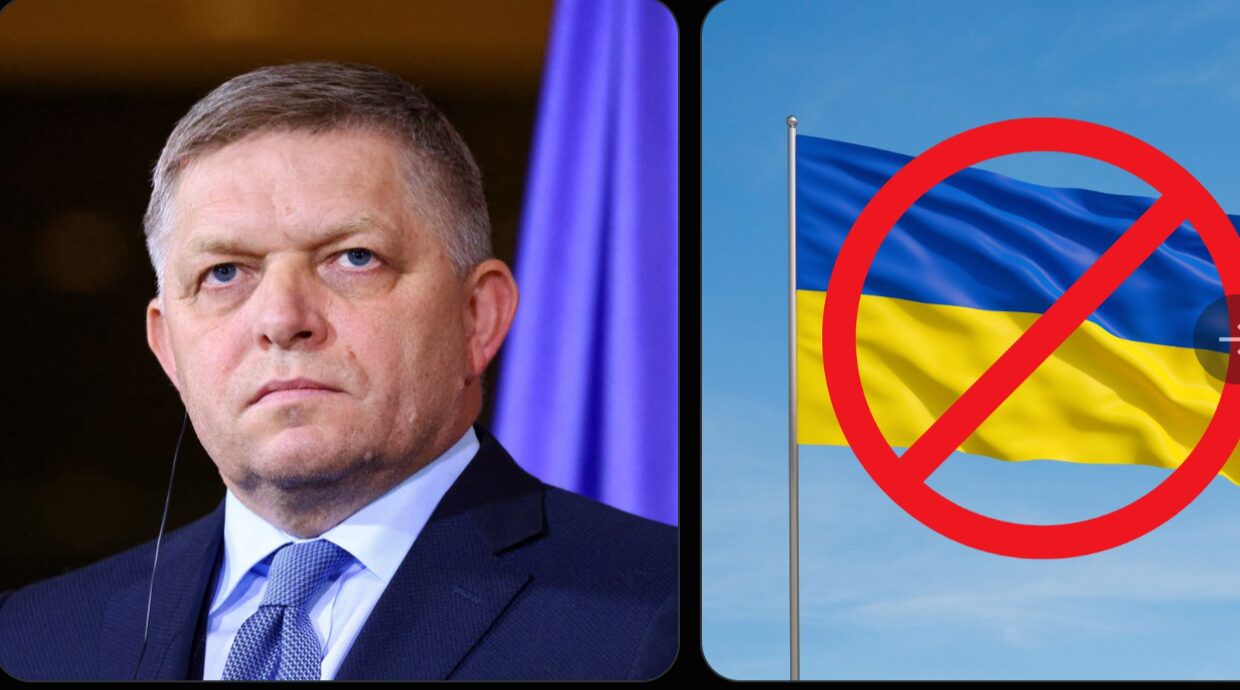
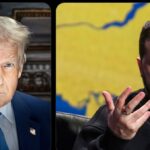
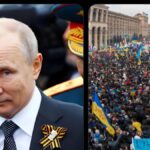
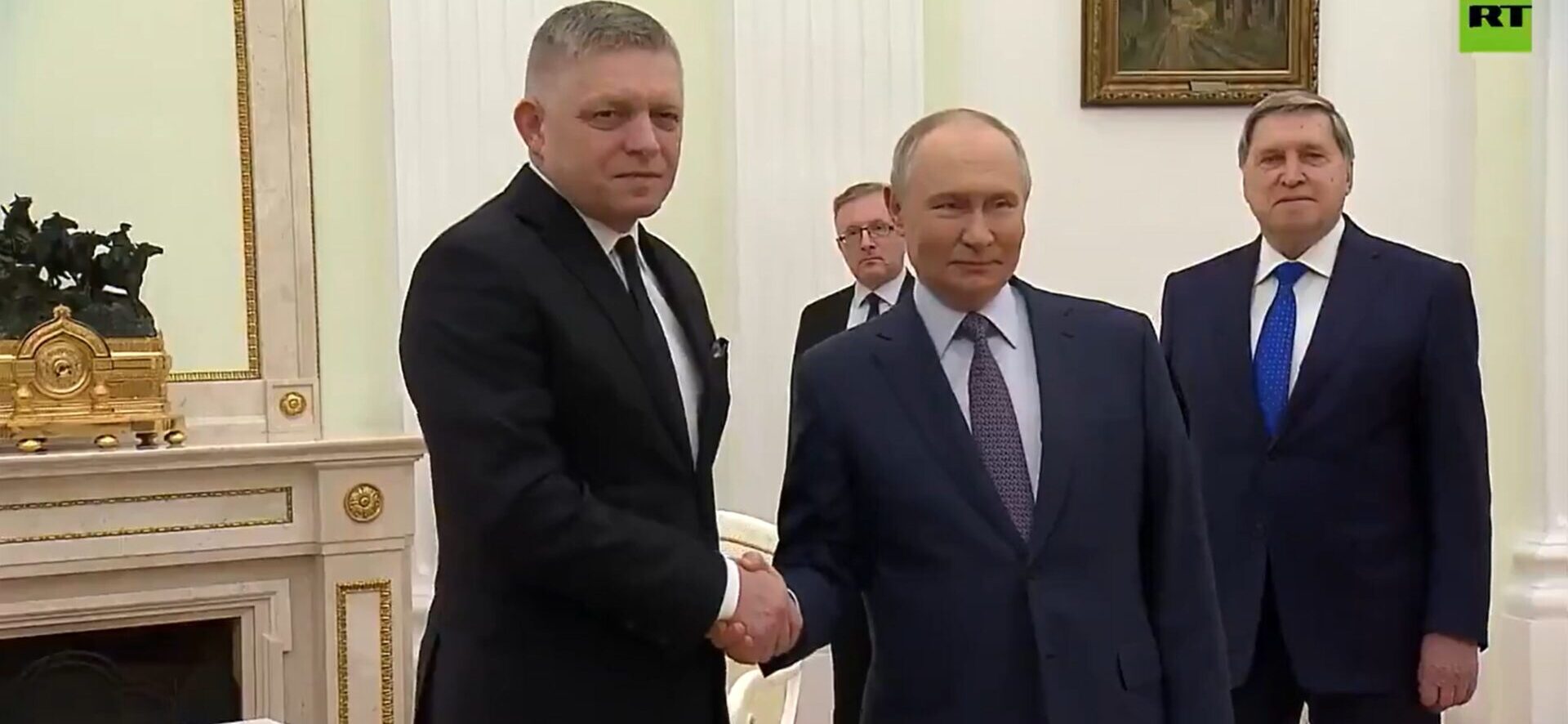
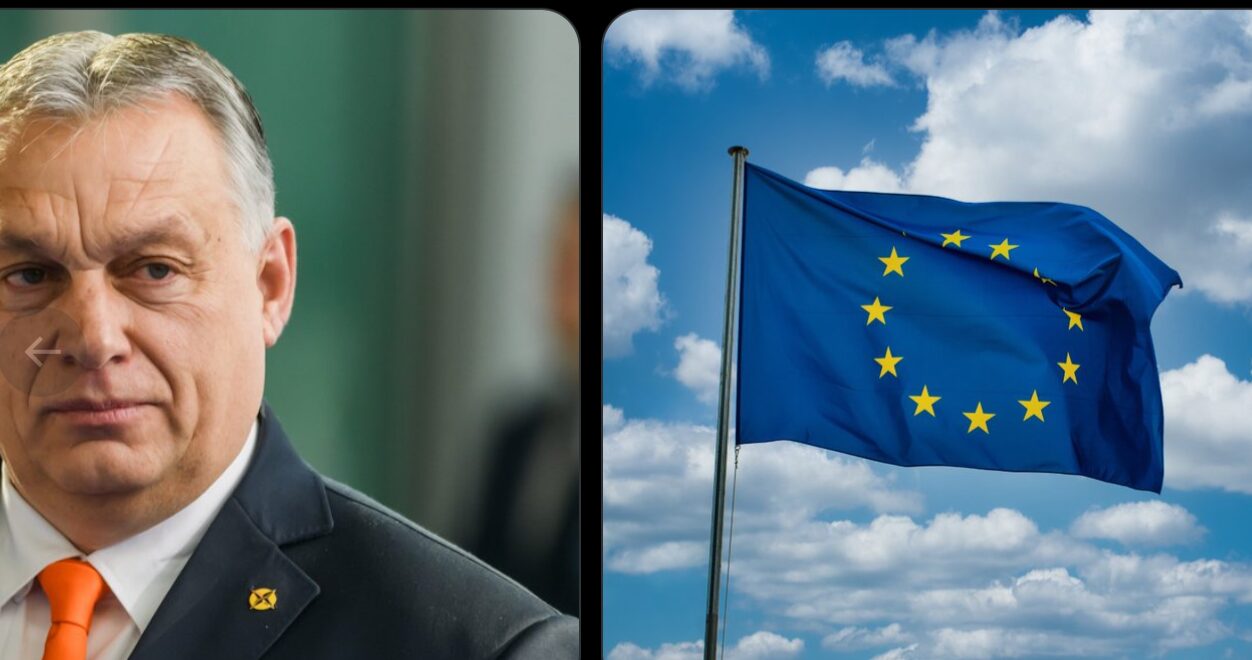
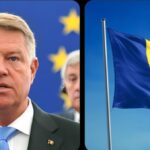
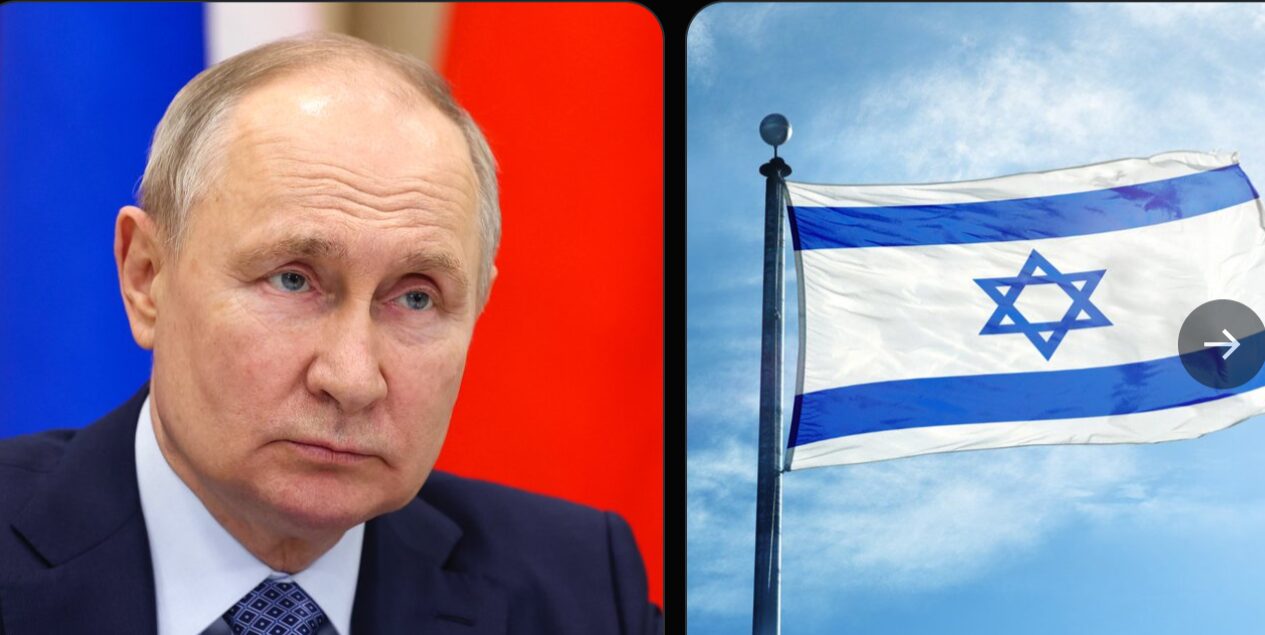
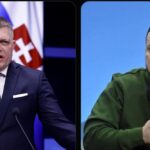









Post Comment